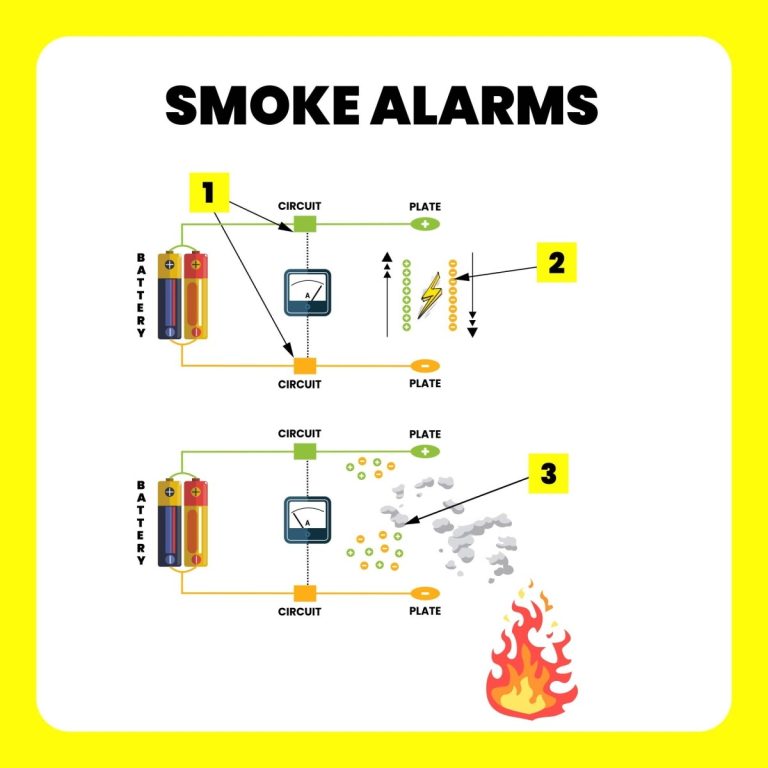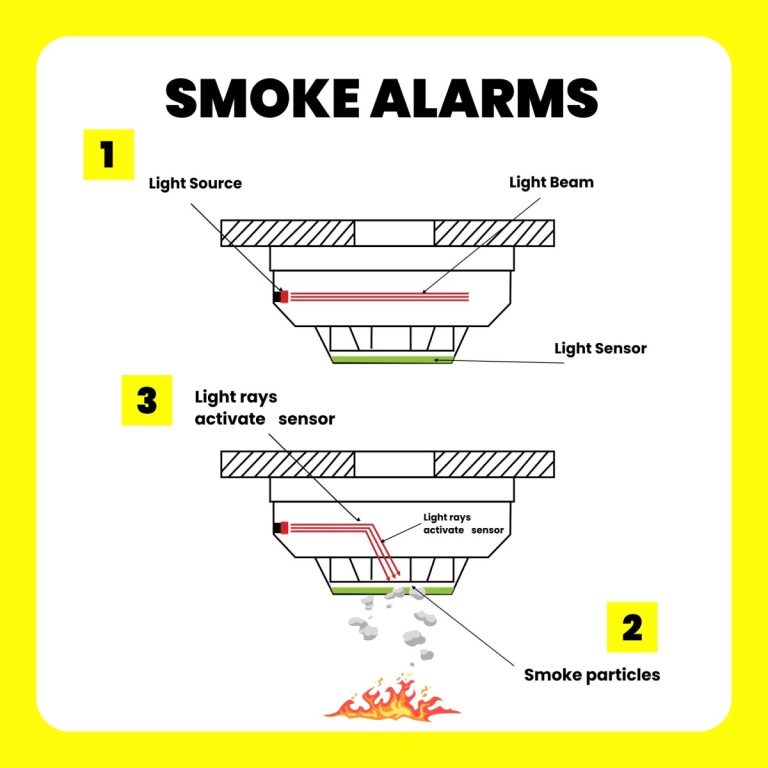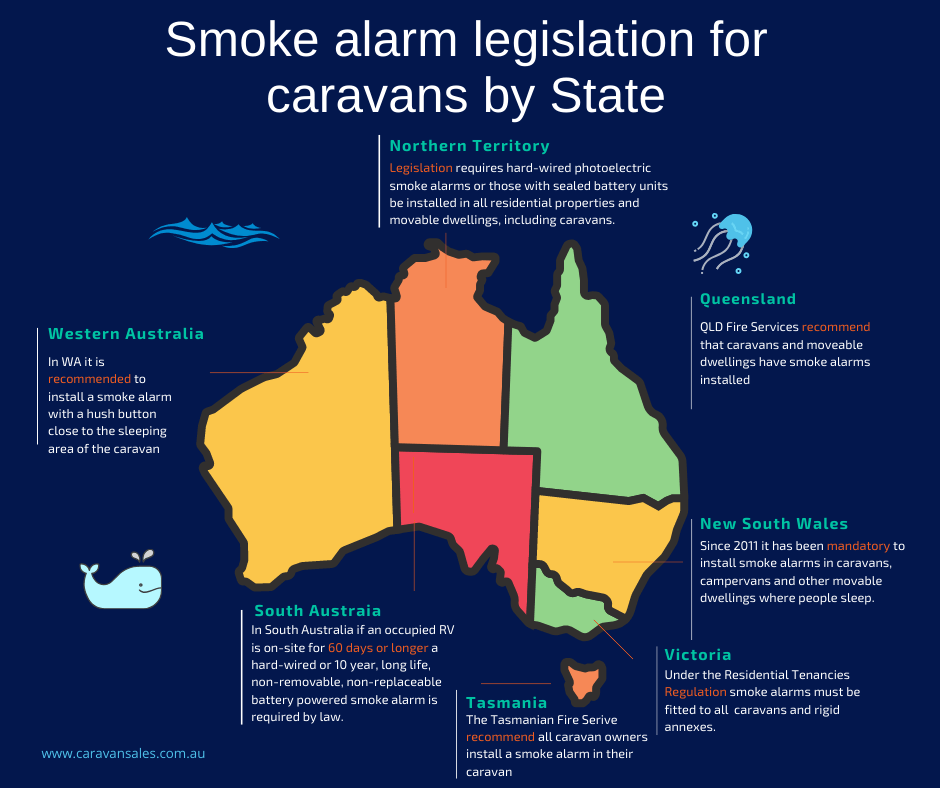Smoke Alarms In Caravans (5 Things What You Need To Know)
Before you take off on your next adventure – the one you have been planning for months due to the COVID-19 pandemic – consider the safety of your vehicle.
With decades of experience in preparing vehicles for sale, our workshop is ready for your next service and safety check.
And while you’re considering the safety of your car and caravan, think about your caravan’s smoke alarms.
Fire safety and smoke alarms
Fire Safety is crucial in a caravan. There is (usually) only one exit and fire moves extremely fast. So to avoid a fire there are some simple points:
- Make sure you have an escape route and keep it clear at all times.
- Never leave cooking unattended - and don’t drink and fry.
- Do not overload your power plugs.
- Never use candles in an enclosed space
- Keep clothes, furniture and other flammables at least 1 metre away from heaters
- Fan heaters with a cut-off switch are the safest
- Install a smoke alarm
1. There Are Caravan Specific Smoke Alarms
The caravan is a different environment from your typical home. For starters, who ever drove down a bumpy road with their home in tow? Caravan smoke alarms are built to cope with that kind of abuse.
Also, caravans are a fairly small space in which to put your whole home. Within those confines you have you bedroom, lounge and kitchen. That’s a bit unique and caravan smoke alarms are made with that in mind. For instance, caravan smoke alarms will have a hush button. You press this when you’re burning your toast so you don’t set off the alarm, jolting your partner out of bed.
Ionisation alarms are not suitable for caravans. These are the older type of alarms that use a tiny piece of radioactive material to detect smoke. (See info graphics below.) Photoelectric smoke alarms are better at detecting smouldering smoke and have been shown to give earlier detection to the type of fires we experience in our homes (and caravans).
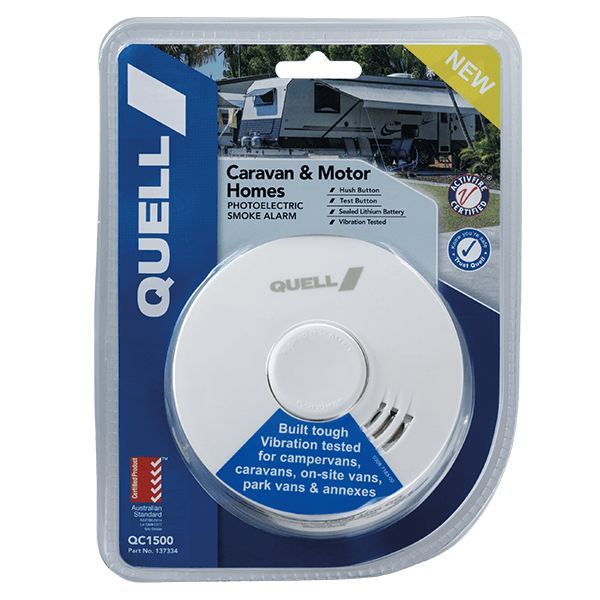
Quell Caravan Smoke Alarm
This smoke alarm is an example of a caravan specific smoke alarm. There are many makes and models and we're not recommending this brand or product specifically. What's important to note is that caravan smoke alarms are built to handles of the rigors of being jolted down country roads and locked up in the heat of a caravan. The big button in the middle is a hush button (more on that below). You press this button if you're cooking and expect to set-off the alarm with your burnt chops or frazzled toast. Caravans are more confined spaces than your average home, with cooking sleeping and living quarters effectively in one room. This presents challenges for smoke alarms and an alarm like this answers those challenges. When sourcing smoke alarms for your caravan make sure you get caravan specific models like this.
2. Smoke Alarm Legislation Is Different In Every State
You should be aware that there are different smoke alarm legislation/regulations in each State. In NSW, Victoria and Northern Territory regardless of where your caravan is registered your caravan/RV must be fitted with a smoke alarm by law. If you are visiting South Australia and you are on-site for 60 days or longer a hard-wired or 10 year, long life, non-removable, non-replaceable battery powered smoke alarm is required by law. In other States it is recommended by the Fire and Emergency Services that a caravan specific smoke alarm is fitted. This is ideally one with a hush button.
In NSW, Victoria and Northern Territory regardless of where your caravan is registered your caravan/RV must be fitted with a smoke alarm by law.
A hush button will desensitise the alarm for a short period of time during cooking to reduce false alarms. While these can be installed by a handy caravan owner, we do suggest you pay a little money and get installed by a qualified electrician who will also be able to talk you through those smoke alarm beeps and how to test your smoke alarm properly.
4. You Need To Replace Your Smoke Alarm Batteries
The DFES (Department of Fire and Emergency Services) recommends replacing your smoke alarm batteries every year. In recent years there has been a push to make April 1st the day on which we all replace our batteries. That’s a good idea because it’ll give the whole nation a fixed date on which we can remember to change our batteries.
The thing with caravans is you’re not living in them as often as you are your home. (Well, except for those lucky grey nomads.) We can easily overlook the smoke alarms in our caravans. So here’s an idea. If you didn’t change your smoke alarm batteries this 1st of April, do it now. Get one of those square 9 volt batteries and replace it now.
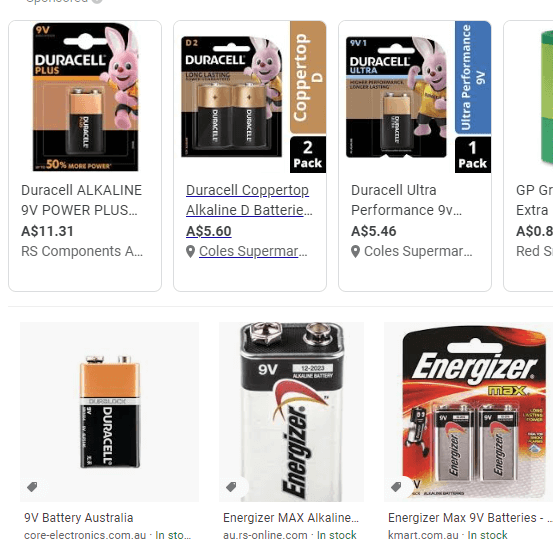
Your smoke alarm will make a little chirp when it is going flat. It’s worth thinking about our previous point though, that you’re not in your caravan as often as you are your home. You may have missed this chirping noise and now the alarm is quiet because the battery is dead flat. If in doubt, replace the battery.
Testing Your Batteries
You can always test your smoke alarm by holding down the button for 5 seconds. This will make the alarm sound off like its detected smoke. It's going to be loud! If you don't get this noise then you need to replace your battery. (If you replace your battery and still don't hear it...time for a new smoke alarm.)
5. You Need To Replace Your Smoke Alarms
According to NSW Fire & Rescue you need to replace the entire smoke alarm unit every decade. That’s right, that 10 year old smoke alarm in your caravan needs to be chucked in the bin and replaced with a new one. (Same goes for your home smoke alarm of course.)
Check out the Smoke Alarms Questions And Answers page at DFES NSW.
Sharing Is Caring
If you value caravan safety and think this article help someone you know, please share it with them.
Queensland Legislation
NSW Legislation
South Australian advice
Victorian Regulations
Tasmanian advice
Northern Territory Legislation
Western Australia Recommendations



